Optimal Seasons for Waterproofing Projects
Proper timing for waterproofing projects is essential to ensure durability and effectiveness. The optimal periods typically depend on weather conditions, temperature ranges, and moisture levels, which influence the adhesion and curing processes of waterproofing materials.
Spring offers moderate temperatures and increasing humidity, making it suitable for waterproofing applications before heavy rainfall.
Summer provides warm conditions ideal for curing, but high temperatures and humidity can affect certain products' performance.
Fall's cooler temperatures and lower humidity levels create favorable conditions for waterproofing projects before winter.
Winter is generally not recommended due to freezing temperatures and snow, which can hinder proper application and curing.

Ways to make Waterproofings work in tight or awkward layouts.

Popular materials for Waterproofings and why they hold up over time.

Simple add-ons that improve Waterproofings without blowing the budget.
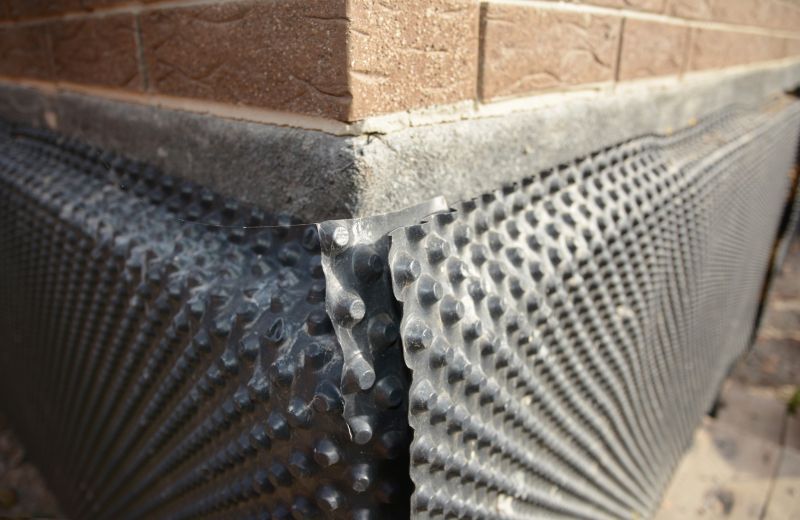
High-end options that actually feel worth it for Waterproofings.
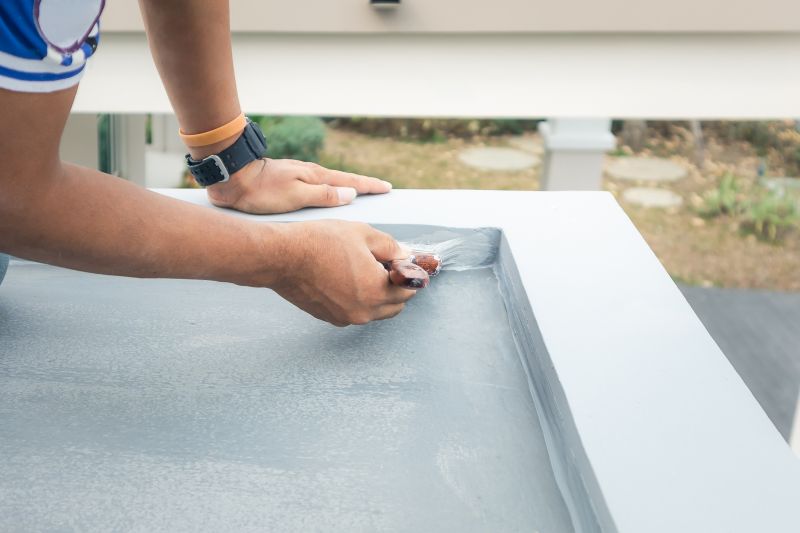
Finishes and colors that play nicely with Waterproofings.
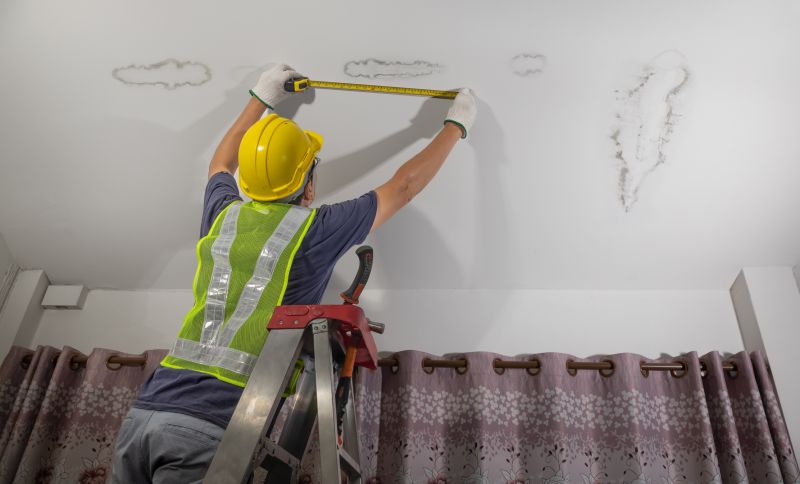
Little measurements that prevent headaches on Waterproofings day.
Waterproofings are essential for protecting structures from water intrusion, which can lead to structural damage, mold growth, and interior deterioration. Modern waterproofing methods include membrane applications, sealants, and coatings that provide a barrier against moisture penetration. Properly timed waterproofing enhances the longevity of buildings and reduces maintenance costs.
Statistics indicate that water-related damages account for a significant portion of building repairs annually. Applying waterproofing during the most suitable seasons ensures optimal adhesion and curing, reducing the risk of failures. Seasonal considerations are especially important in regions with distinct climate patterns, such as Ohio, where temperature fluctuations can impact waterproofing performance.
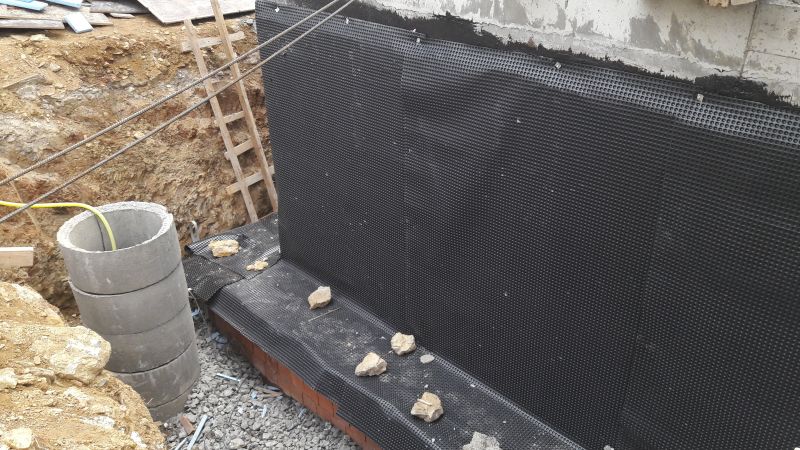
A 60-second routine that keeps Waterproofings looking new.
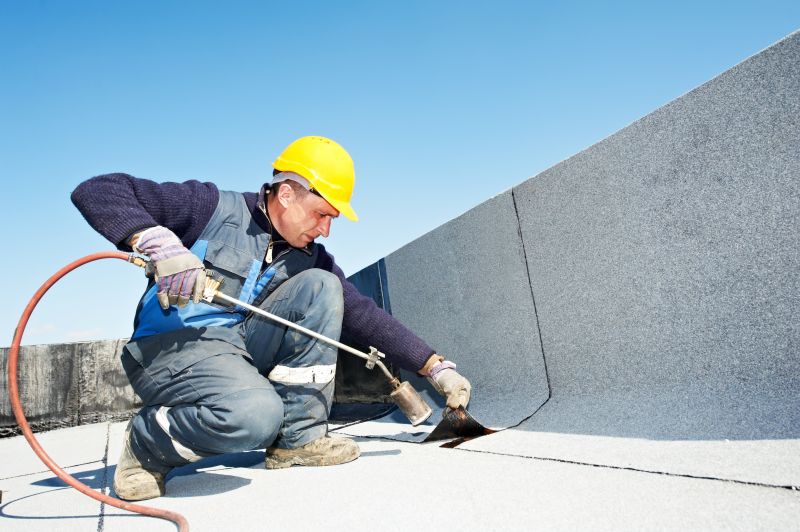
A frequent mistake in Waterproofings and how to dodge it.
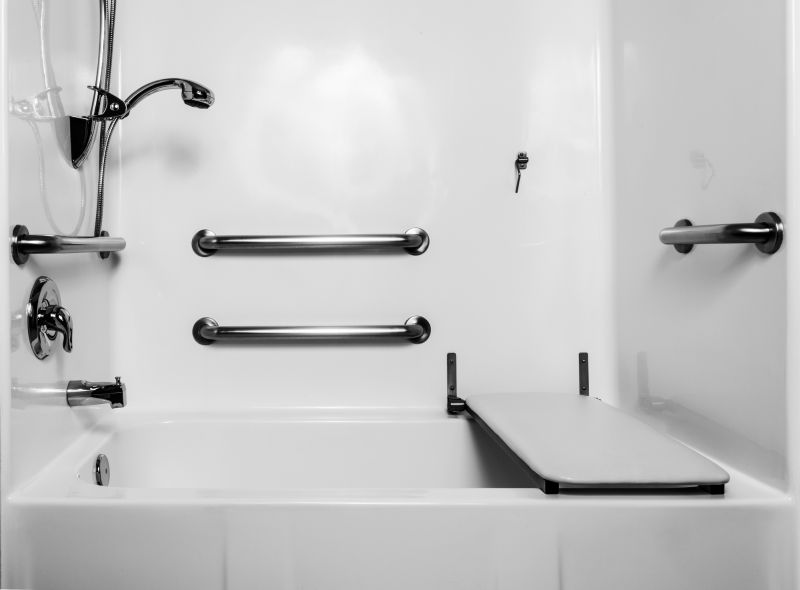
Small tweaks to make Waterproofings safer and easier to use.
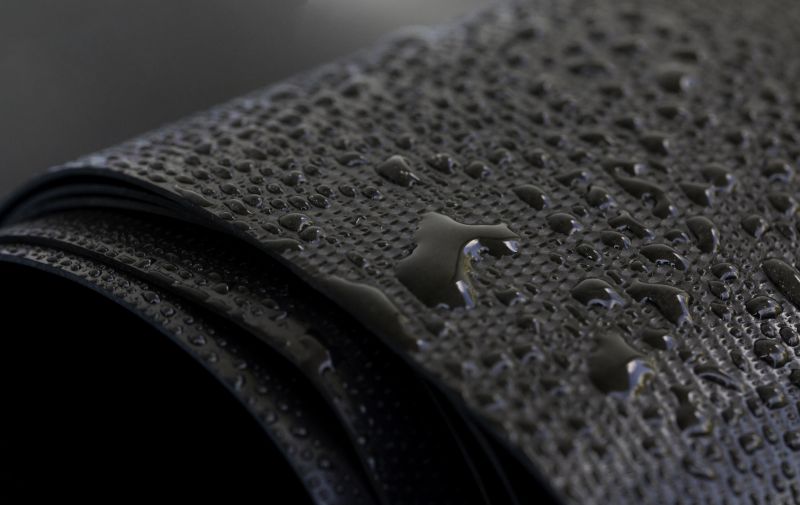
Lower-waste or water-saving choices for Waterproofings.
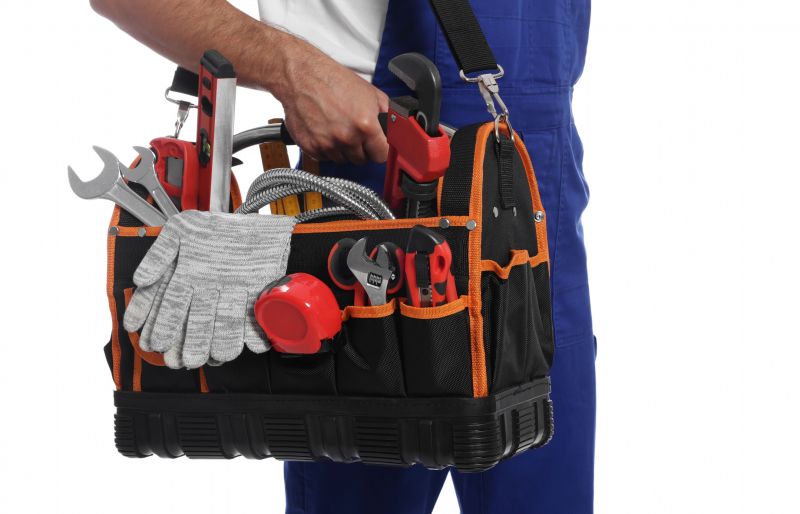
The short, realistic tool list for quality Waterproofings.
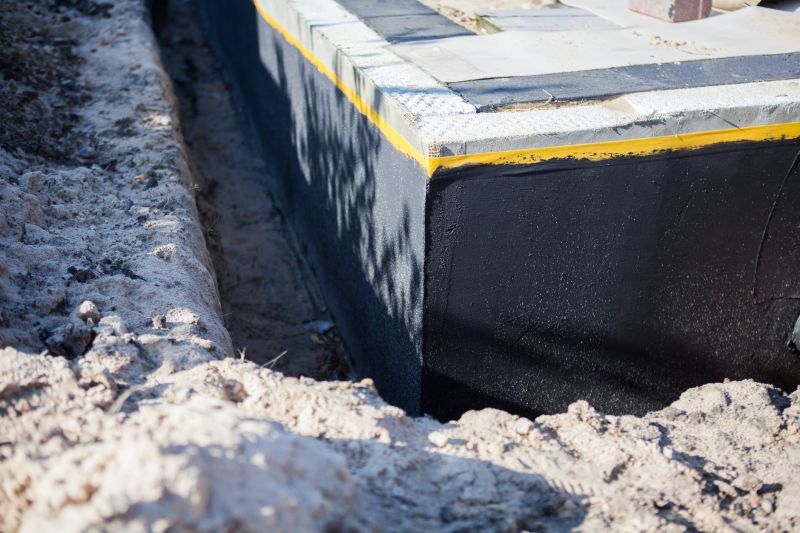
Rough timing from prep to clean-up for Waterproofings.
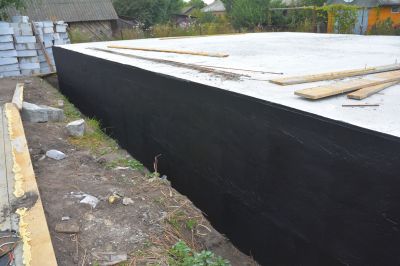
Quick checks and paperwork to keep after Waterproofings.
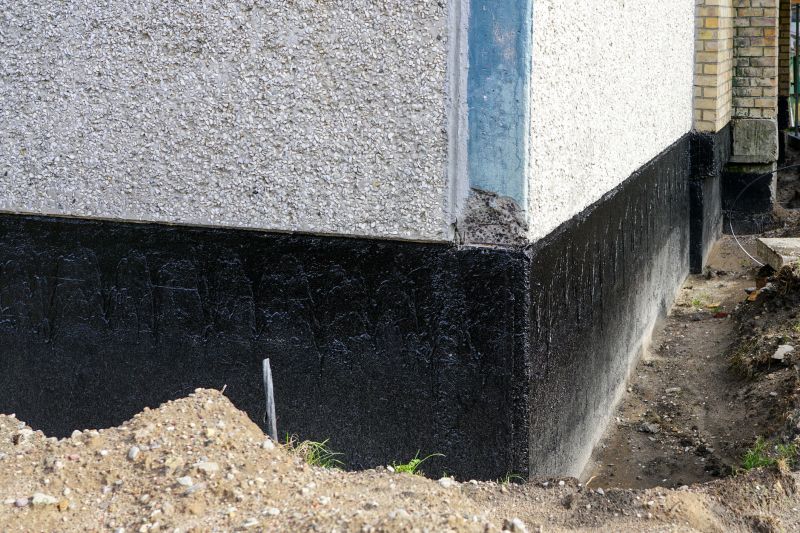
Examples that show the impact a good Waterproofings can make.
| Season | Ideal Conditions |
|---|---|
| Spring | Moderate temperatures, increasing humidity, low rainfall |
| Summer | Warm temperatures, higher humidity, dry periods |
| Fall | Cooler temperatures, lower humidity, dry weather |
| Winter | Freezing temperatures, snow, and ice |
Choosing the right time for waterproofing enhances the effectiveness and durability of the application. Consulting with waterproofing professionals can help determine the best season based on local climate conditions and specific project requirements. Proper scheduling minimizes risks associated with improper curing and adhesion failures.
Interested in waterproofing services? Filling out the contact form can provide more information and assistance tailored to specific needs and seasonal considerations.


